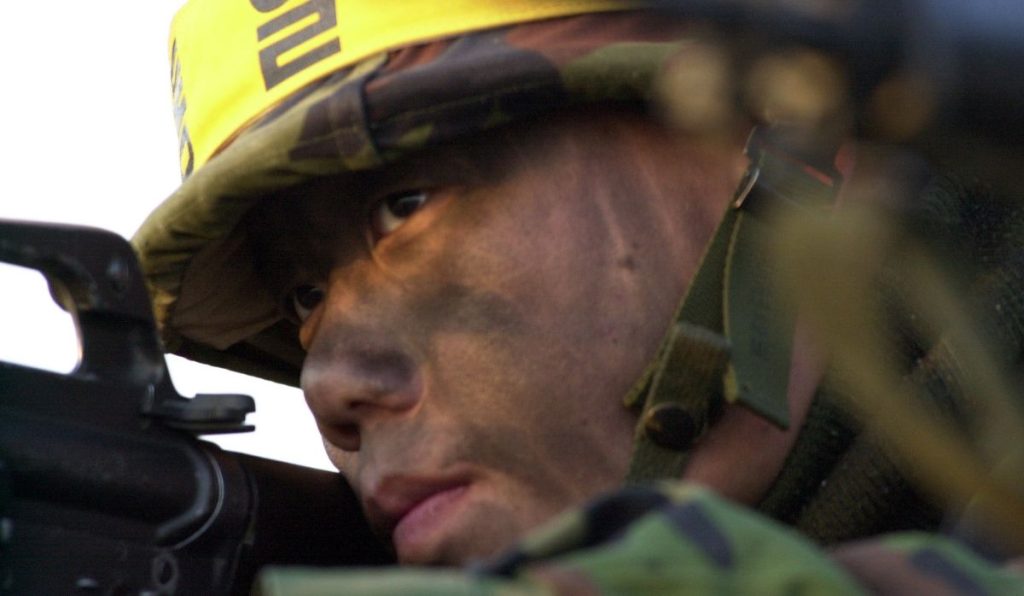He still said that it was freer than in North Korea.
Others are reading now
He still said that it was freer than in North Korea.
Enduring 22 Hour Days
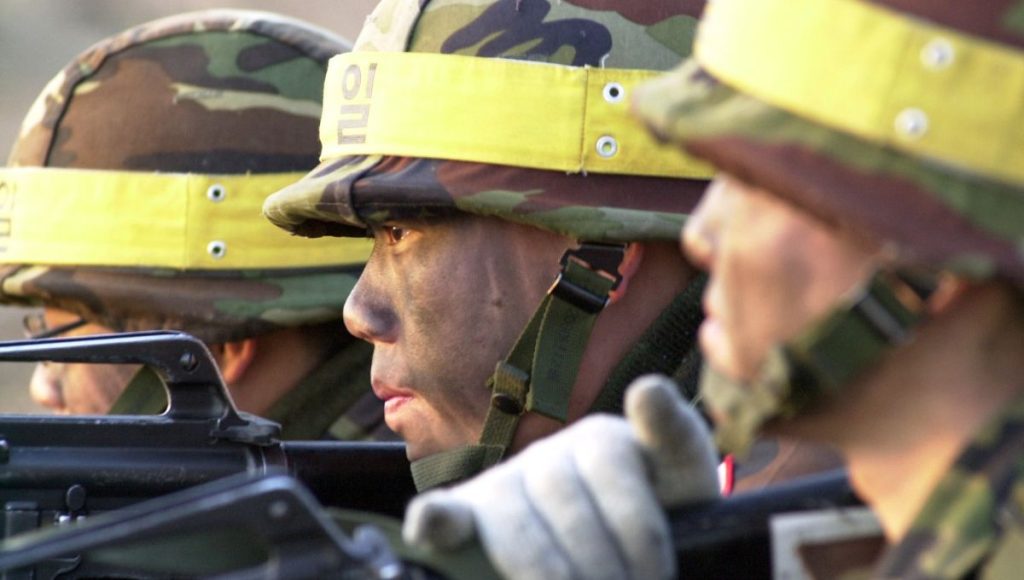
Two North Korean men who defected from Russia have exposed the grueling reality for thousands of workers sent by Kim Jong-un to toil in harsh conditions.
From timber yards to construction sites, these men endure days that stretch up to 22 hours, often with zero safety protocols and dangerous physical labor.
Dangerous Jobs With Zero Protection

One defector, Mr. Park, described life on Russian construction sites in Siberia. Workers had only tattered hard hats, no harnesses, and no training.
Also read
Falls from great heights were common.
Injuries didn’t earn sympathy, just a hospital bill and a one-way ticket back to North Korea, paid out of the worker’s own pocket.
‘Work or Get Deported’
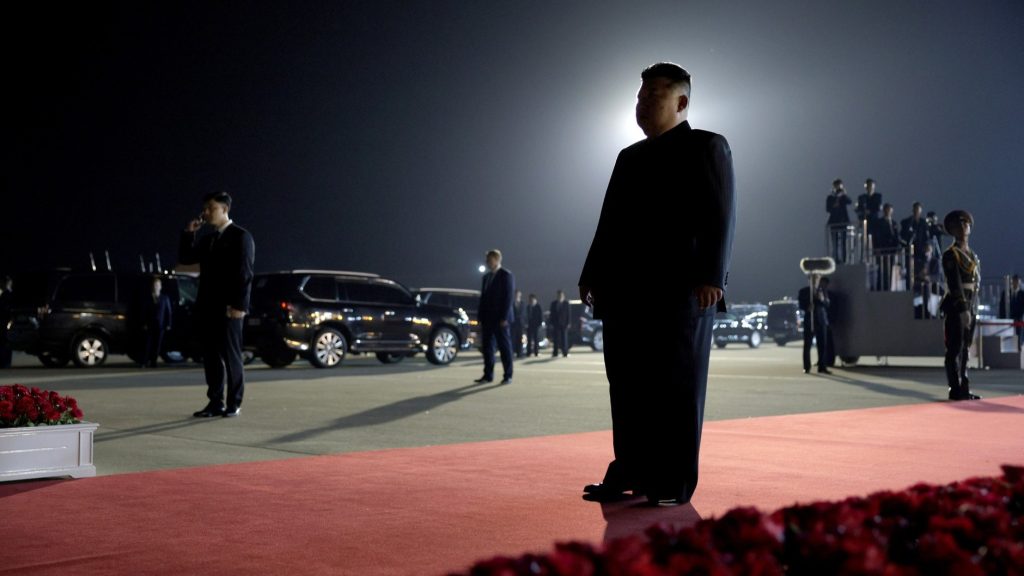
Park shared horrifying accounts of co-workers sustaining brutal injuries.
One lost a toe in a grinder accident and still begged to stay on-site rather than face forced repatriation.
Staying meant pain and risk. Going home meant debt and shame.
No Extra Pay
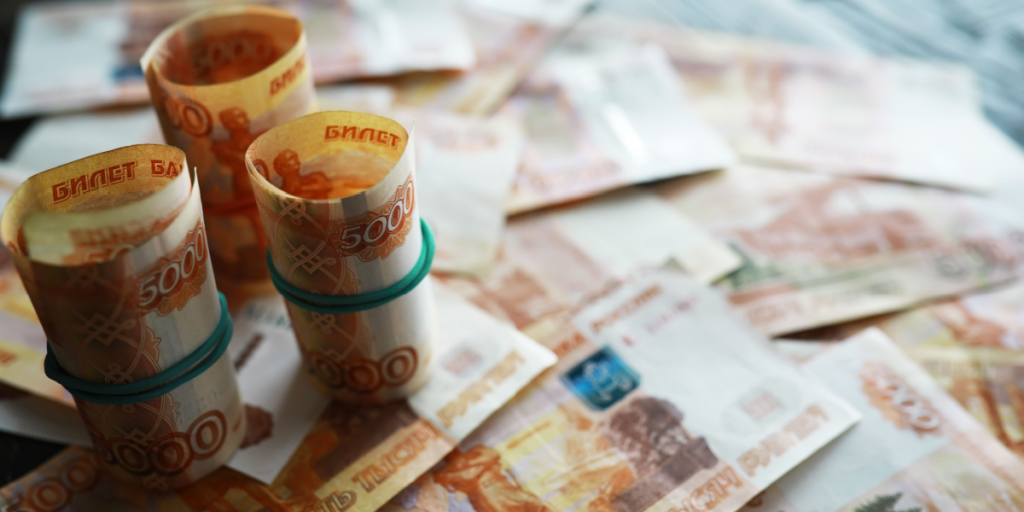
Official work hours were 7 a.m. to 5 p.m., but failing to meet impossible quotas meant working until dawn the next day.
“You could only leave once your quota was met,” said Park.
Even experienced workers struggled to meet targets before 7 p.m. For others, it meant 22 hours of relentless labor.
The ‘Reward’ for Success: Propaganda Sessions
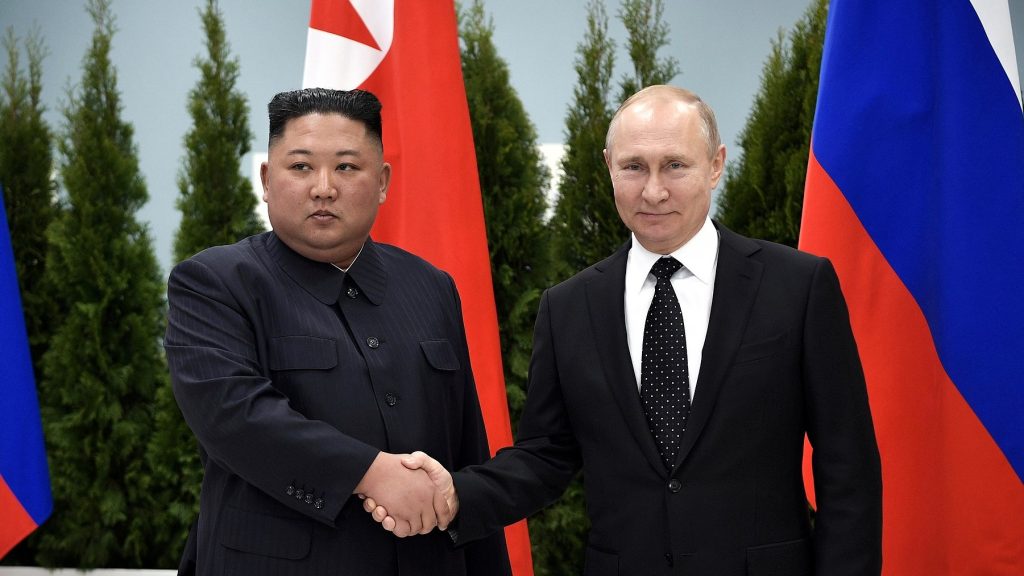
Even if workers did hit their quota, they didn’t get res, they got “ideological education.”
Brainwashing sessions replaced relaxation.
Mr. Moon, another defector who worked in logging, said, “Meeting quotas earned you a break, but only after propaganda training.”
‘Loyalty Payments’ Left Workers With Nothing
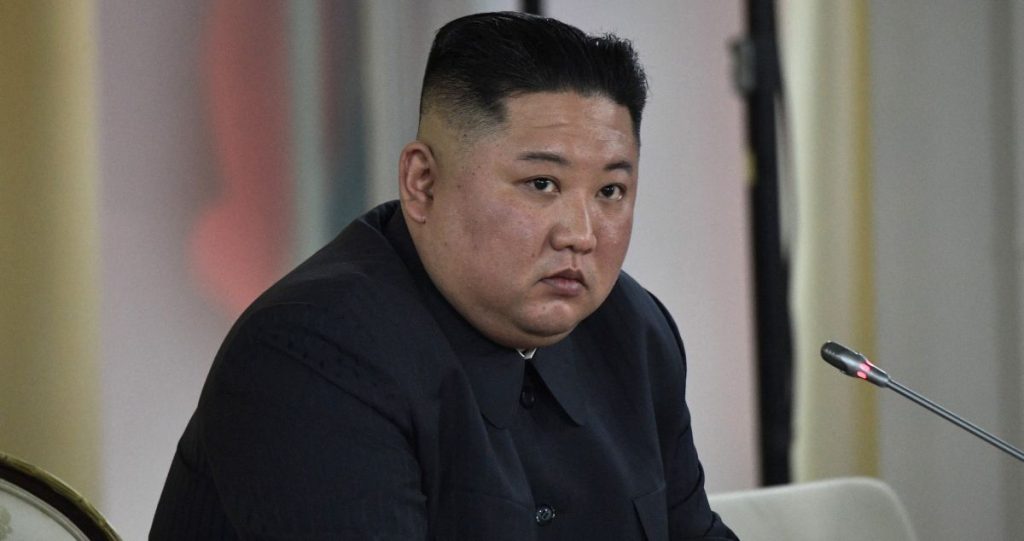
Despite earning as little as $600 a month, workers were forced to send up to $1,000 in “loyalty remittances” back to North Korea.
In reality, this meant they lived in debt and poverty, working endlessly for nothing but Kim Jong-un’s favor.
Starting in Debt, Working for Survival
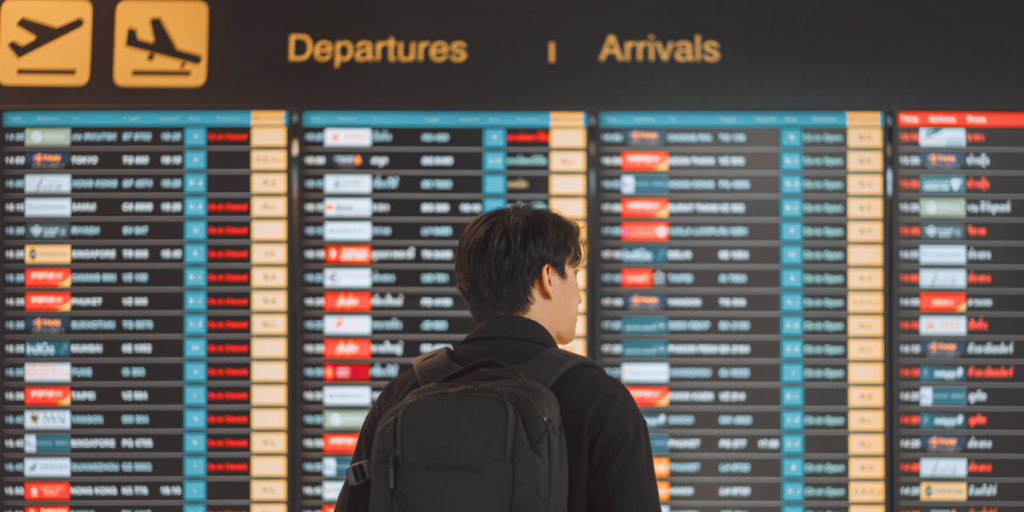
From the moment they arrived in Russia, North Korean workers were saddled with debt.
Mr. Park said flights, trains, and visa costs were deducted from their future wages.
On top of this, each worker owed the party an additional $1,500 monthly, leaving no chance of saving a cent.
Hunger, Exhaustion, and Isolation
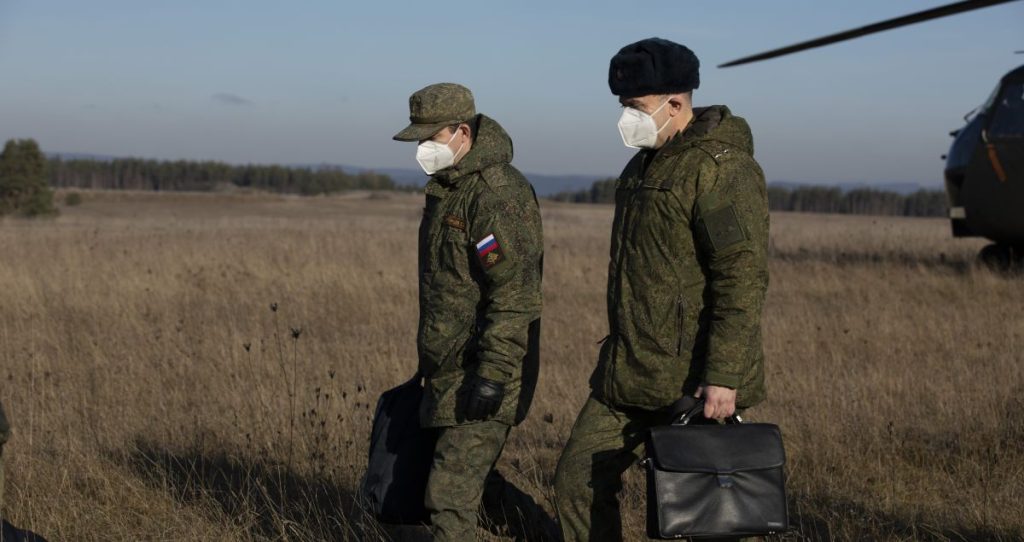
Moon recalled being malnourished upon arrival and constantly bruised from heavy labor.
On good days, he slept seven hours. On bad ones? As little as one or two.
“My body felt like it was breaking apart,” he said.
Scavenging for Clothes, Struggling for Dignity
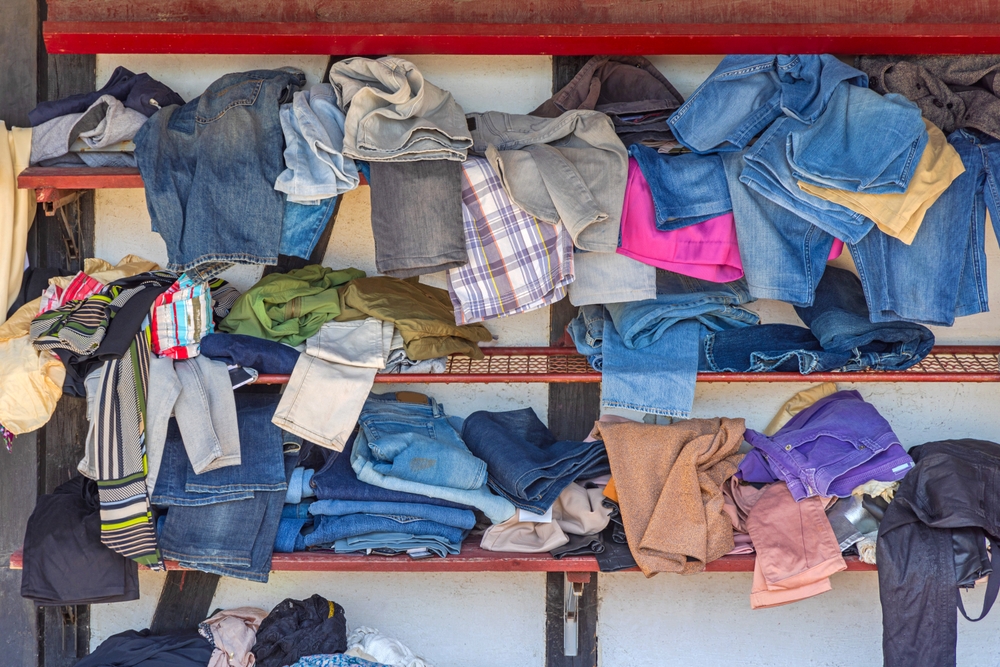
With no money left after paying forced remittances, some workers scavenged discarded clothing from locals to take back to North Korea.
This symbolized both the desperation and resourcefulness needed to survive under such conditions.
Still Better Than Life in North Korea
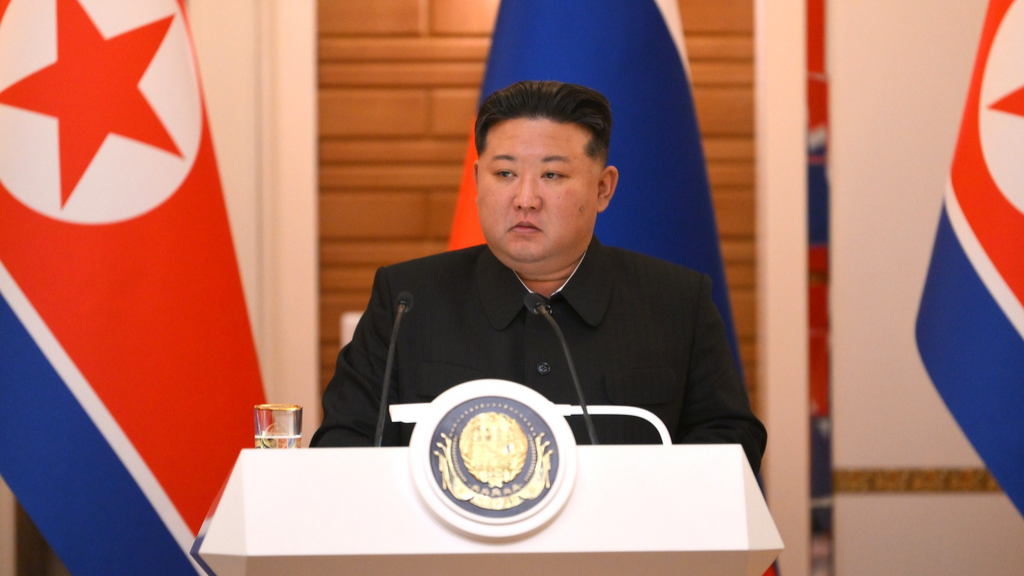
Despite the brutality, Mr. Park admitted life in Russia was “freer” than in North Korea.
“At least you could turn on a light at night or access water at any time,” he said. For many, even this limited freedom was worth the suffering.

